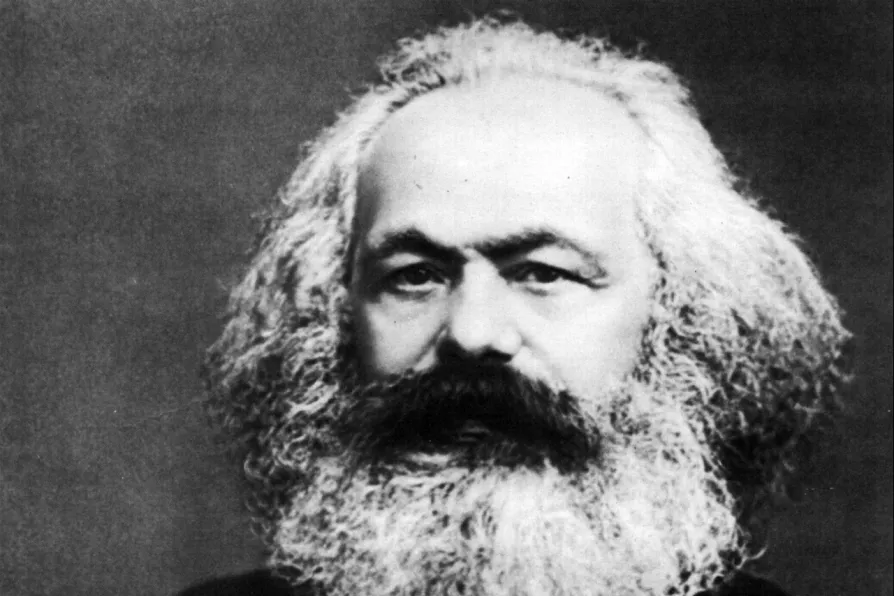Climate activist and writer JANE ROGERS introduces her new collection, Fire-ready, and examines the connection between life and fiction
Much to gain from A World to Win
A new book on Marx draws some tendentious conclusions, but it's an invaluable addition to the literature on the great man, says CARLOS MARTINEZ


A World to Win: The Life and Works of Karl Marx
by Sven-Eric Liedman
(Verso, £28)
SVEN-ERIC LIEDMAN’S new biography of Karl Marx aims to provide the reader with a nuanced and detailed account of the intellectual giant’s life and thought.
Similar stories

NICK WRIGHT delicately unpicks the eloquent writings on art of an intellectual pessimist who wears his Marxism lightly

JOHN GREEN surveys the remarkable career of screenwriter Malcolm Hulke and the essential part played by his membership of the Communist Party

ANDY HEDGECOCK relishes two exhibitions that blur the boundaries between art and community engagement

CAROLINE FOWLER explains how the slave trade helped establish the ‘golden age’ of Dutch painting and where to find its hidden traces










